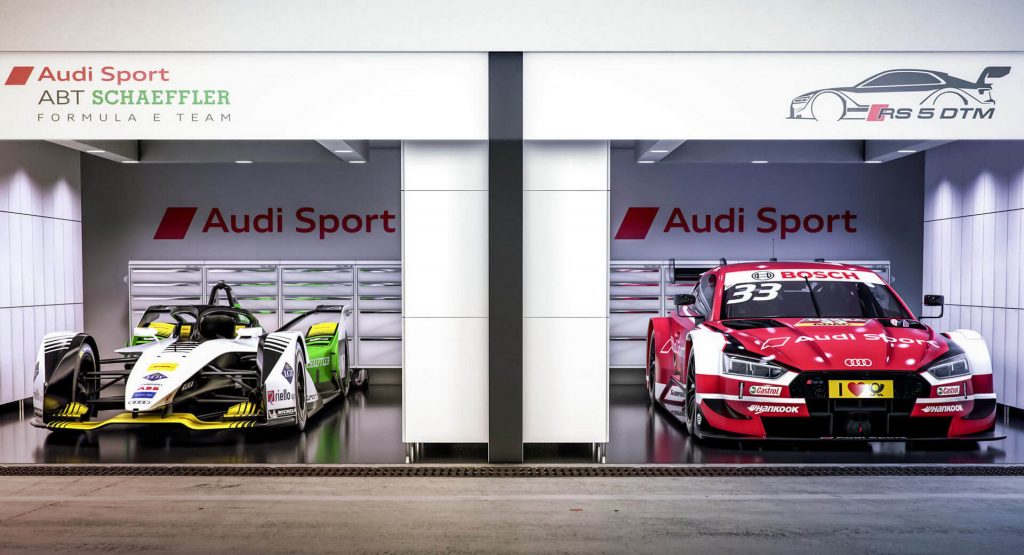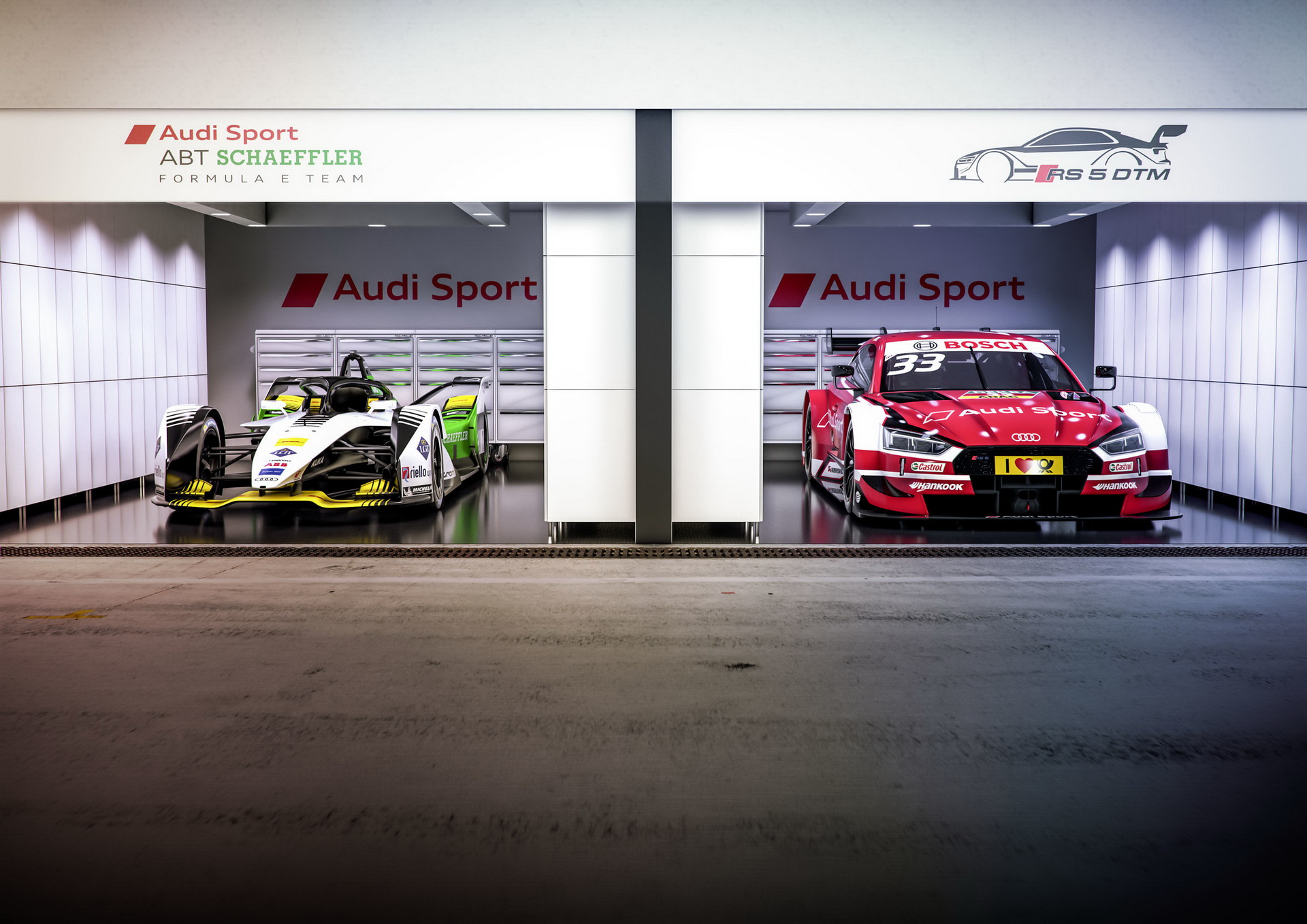Throughout the 2017-2018 season, Audi stood as the first German automaker to participate in Formula E. At the end of the campaign, team Audi Sport ABT Schaeffler took home the constructors title with a total of 264 points, two more than team Techeetah, which were the runners-up.
By continuing on the same path with Formula E, Audi will look to establish themselves as one of the pillars of electric motorsport.
“In Formula E, we’re demonstrating Vorsprung durch Technik in e-mobility,” stated Audi board member, Peter Mertens. “At the same time, we continue to further develop our internal combustion engines. Four-cylinder turbo units with two liters of displacement provide a good mix of performance and efficiency. They are the most important engines worldwide and will be used in Class One starting in 2019. As a result, the DTM – just like Formula E – will receive an increased reference to production development.”
Meanwhile, Audi will also carry on with their activities in the DTM, as internal combustion engines continue to have a future, at least for the time being. In fact, in 2019, new four-cylinder turbocharged engines will be introduced to the sport, while the so-called “Class One”, driven by the DTM and the Japanese Super GT, will make its debut. New regulations will make it possible to have cars participate in both championships.
However, in order for Audi to continue beyond 2020, the DTM will need to field a minimum of three brands, now that Mercedes-Benz has pulled out.
“I’m convinced that we’re well positioned with our two commitments. On winning the teams’ championship in Formula E immediately in our first year, we proved our expertise in e-mobility,” said Audi Motorsport boss, Dieter Gass. “In the DTM, thanks to forward-thinking technologies like the new turbo engines, we continue to see major potential. Concerning the third manufacturer this will require, I have great confidence in DTM boss Gerhard Berger bringing this competitor to the grid for 2020 at the latest.”






